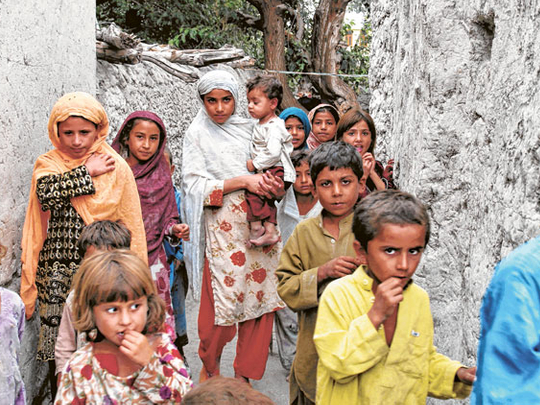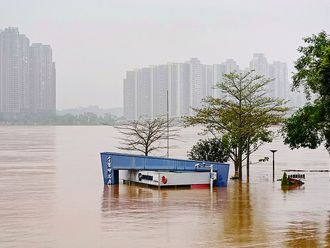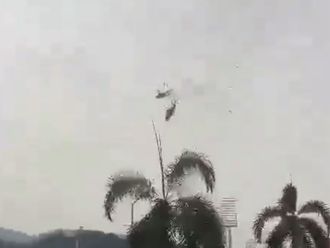
Jalalabad: At a farmstead deep in the "eternal spring" of Jalalabad, Nangahar Province, a 32-member family was struggling to keep itself well.
Its many children were all suffering from various stomach, kidney or abdominal problems.
"When we distributed the biosand filters, all the problems were removed," Abdul Wali, Field Engineer, Dacaar, said during a tour of the farm site.
The project workers had visited the family elders on several occasions, and as there was no possibility of building any other type of well (tube or tag well, for example) due to the hardness of the ground, a biosand filter was installed.
"This is a very poor family," he continued.
"The programme is also for the disabled and families that don't have access to safe water. This is a very useful programme for these families."
This particular family collects water from the Kunar River. It's muddy, but it is a little filtered because there's a little sand and rock, he said.
According to 2006 Unicef statistics, 17 per cent of the rural population was using improved drinking-water sources.
Across the country, this total rose to just 22 per cent.












